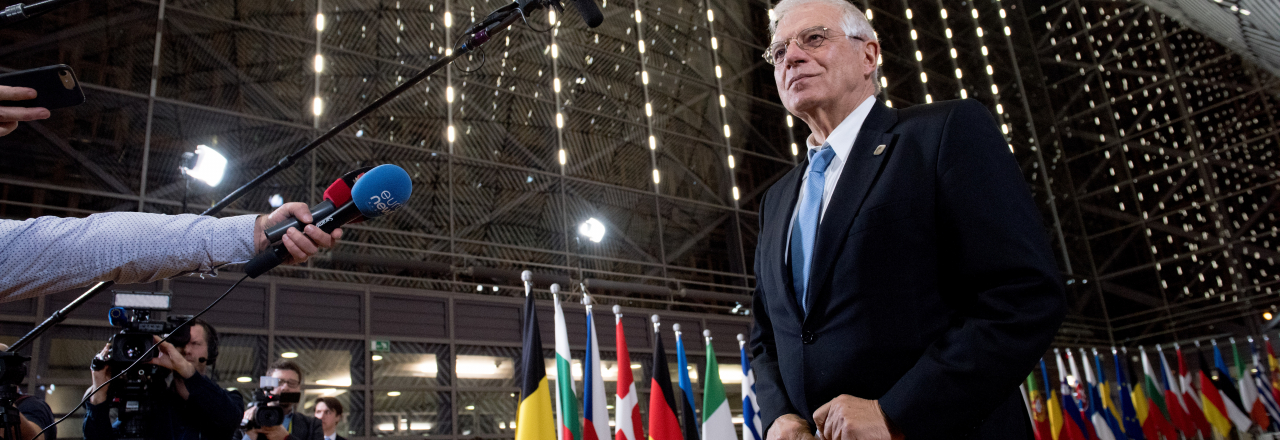

Abstract
The policy brief discusses the importance of Strategic Communication in ensuring the success of the European Union’s (EU) Global Gateway initiative, which aims to establish partnerships with countries globally, including those in the MENA region. The Global Gateway, focusing on digital, energy, and transport sectors, as well as health, education, and research systems, is allocated a budget of up to 300 billion euros between 2021 and 2027. The initiative aims to contribute to global stability, security, and prosperity. The brief emphasizes the need for Strategic Communication to bridge the visibility gap between high-profile projects and less visible but crucial initiatives like capacity building. It also highlights the role of the European Investment Bank (EIB) in providing financial rigor.
Strategic Communication is deemed essential for the success of the Global Gateway in the MENA region by shaping positive narratives, countering disinformation, and presenting the EU as a values-inspired partner. The brief stresses the need for a comprehensive approach, integrating Strategic Communication into the initiative’s core strategy, especially to prevent adversary interference and ensure a positive legacy. It also addresses the challenges posed by disruptive technologies like deepfakes and microtargeting, emphasizing the importance of countering misinformation to maintain public support for the Global Gateway. Ultimately, the policy brief concludes that the Global Gateway’s success hinges on Strategic Communication being at its core.


